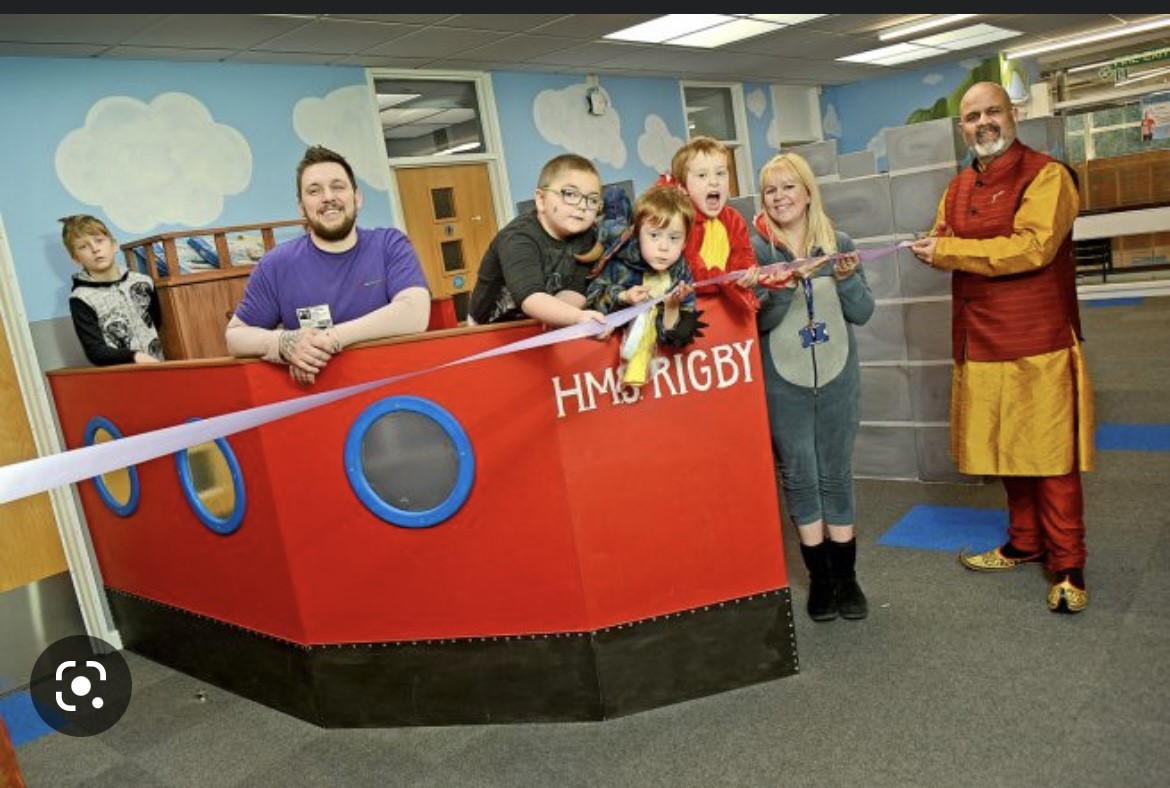Phonics
Reading and Phonics at Rigby Hall
At Rigby Hall we understand that reading is a fundamental skill that underpins almost everything that we do.
We also know that reading for pleasure makes the biggest difference to children’s reading abilities. We believe that reading should be an enjoyable experience where children are able to enjoy a variety of genres, discover new learning and stimulate their imagination and curiosity. Reading is one of the main key areas we teach daily. Children will take part in individual reading as well as guided reading activities weekly.
We follow the Bug Club Phonics synthetic, systematic government approved programme and use a range of reading schemes to correspond with their phonics teaching and learning, giving pupils a breadth of reading to suit their levels. These include the Bug Club, as well as Oxford Reading Tree reading scheme for our Primary aged pupils.
Who can I speak to about reading?
Your child’s class teacher will be able to answer any questions about your child’s reading. You can also speak to Mrs Kelly Ferran who leads English and Phonics throughout the school if you need further support.
How we teach reading at Rigby Hall
At Rigby Hall School we teach a phoneme (letter sound) a week using visual, movement and sound. Children take part in a wide variety of activities to motivate and support them in recognising, reading and writing the sound.
The aim of our phonics teaching, is to build on children’s speaking and listening skills in their own right as well as prepare children for learning to read by developing their phonic knowledge and skills. Children need all these skills for independence and exams/accreditied courses in Key Stage 4 and 5. We place children in ability groups to allow them to reach their full potential but plan for children’s individual needs within the group using a wide range of strategies. We also have celebration days such as Roald Dahl day and World Book day to promote the love of reading.
What you can do to help…
Reading with your child is vital. Research shows that it's the single most important thing you can do to help your child's education. It's best to read little and often, so try to put aside some time for it every day.
Children should be encouraged to read aloud and read on their own, but being read to is really important too, so don’t overlook the bedtime story! Focus on encouraging your child to read fluently and with expression, understanding more complex plots and broadening their vocabulary, as well as building an understanding of how punctuation and grammar are used.
Most importantly, continue to enjoy what you do together, give lots of encouragement and expand the reading experience to keep your child engaged. Don’t forget – if they are reading something they are not enjoying - STOP!! Choose something different. Take a look at some of the weblinks below for inspiration:
- Books For Keeps
- Booktrust
- Chatterbooks
- First News
- Guardian Children's Books
- Just Imagine
- The National Literacy Trust
- LoveReading4Kids
- Reading Zone
- Summer Reading Challenge
- World Book Day






